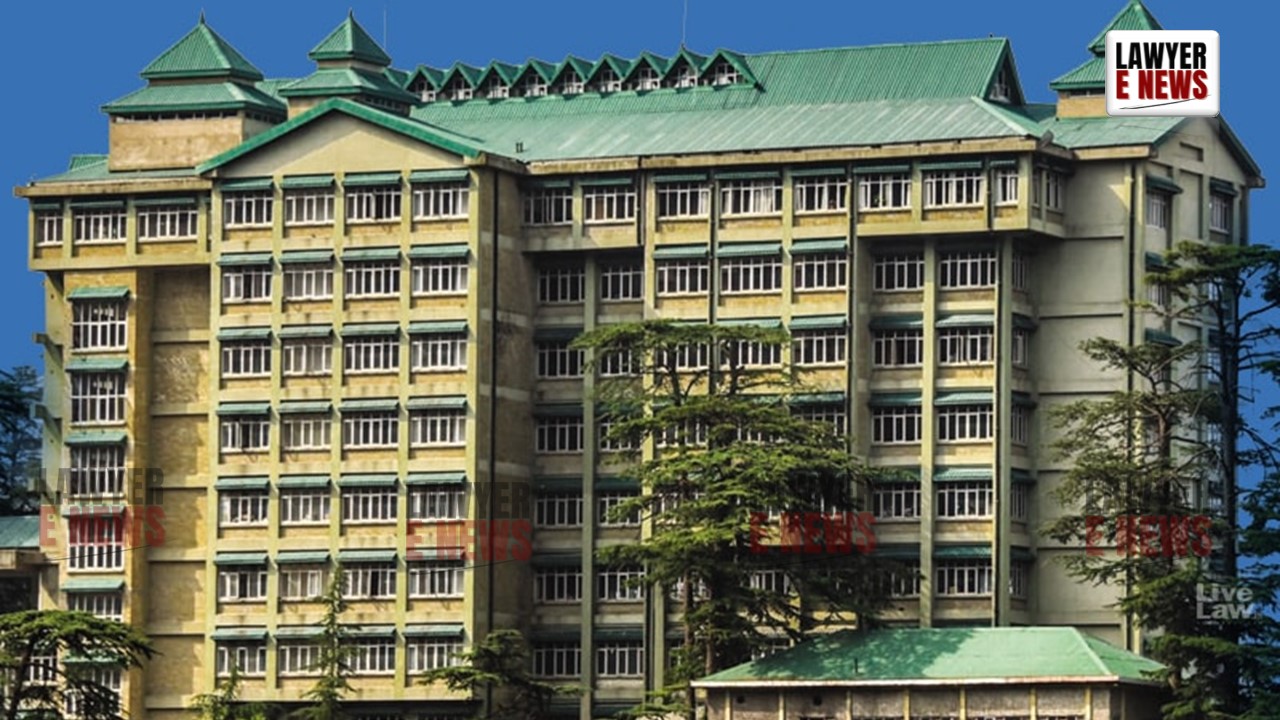-
by Admin
15 February 2026 5:35 AM



Himachal Pradesh High Court directed the state government to address pending representations of employees seeking regularization and associated benefits. Justice Jyotsna Rewal Dua emphasized the necessity of timely decision-making by government authorities, stressing that indefinite delays force employees into litigation, thereby overburdening courts.
The petitioners, including Satish Kumar, Ranju Kumari, and others, sought regularization of their employment from the date of their initial appointment, along with consequential benefits, including interest on arrears. They argued that the legal principles governing their claims had already been established in earlier cases, but their representations remained undecided by the state authorities.
The petitioners invoked the doctrine of equality, citing precedents where similarly situated employees had received regularization and monetary benefits. They highlighted cases such as those of Jitender Kumar and Ashok Kumar, whose services were regularized in August 2024 under similar circumstances.
Justice Dua noted that the state’s inaction contradicted its obligation as a welfare government to address employee grievances promptly. She remarked, “A welfare state must not indefinitely delay decisions on employee representations, as doing so compels employees to resort to litigation for redressal of issues that should be administratively resolved.”
The Court linked this observation to the State Litigation Policy, which aims to minimize avoidable litigation. Justice Dua criticized the failure to adhere to the policy, stating, “Ignoring representations leads to unnecessary litigation, increasing the burden on courts with government-induced disputes.”
In disposing of the petitions, the Court directed the state government and relevant authorities to consider and resolve the employees’ pending representations within six weeks. The orders issued were to be communicated to the petitioners to ensure transparency and accountability.
Justice Dua underscored the importance of acting expeditiously in similar cases to uphold the principles of equity and justice while reducing the strain on judicial resources.
The Himachal Pradesh High Court’s decision highlights the judiciary’s expectation that government authorities take timely and responsible action in employment-related disputes. By enforcing strict timelines and emphasizing the importance of the State Litigation Policy, the judgment serves as a reminder that delays in administrative decision-making not only harm employees but also burden the judicial system.
Date of Decision: November 19, 2024.
